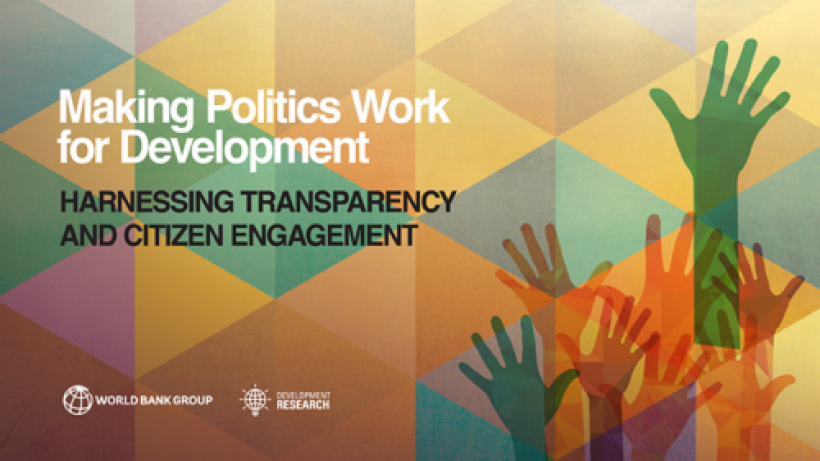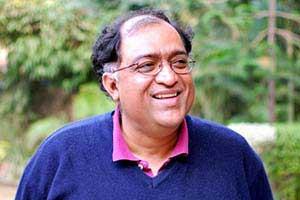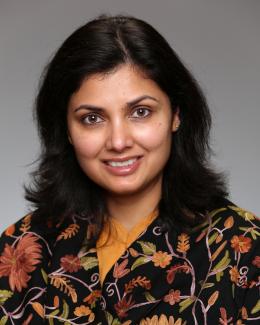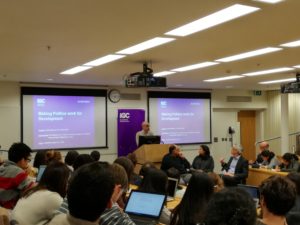
IGC Public Lecture - Making Politics Work for Development
-
Stuti Khemani presentation
PDF document • 1.92 MB
Fear of openly confronting the problem of politics can come in the way of achieving economic development goals. To help address this, the Development Research Group of the World Bank has prepared a report synthesizing the vanguard of economics research on the functioning of political markets to understand its implications.
The report "Making Politics work for Development" analyzes how politics has profound consequences for economic development in both poor and rich countries. Politics matters fundamentally for whether the leaders who wield power in government have incentives to pursue economic policies on the basis of the best available technical evidence, or, to ignore technical advice and pursue policies that they know are worse for economic outcomes than available alternatives. One example is the persistence of corruption because powerful leaders deliberately weaken institutions of accountability. But another type of government failure is perhaps even more pernicious—and that is when citizens’ prejudices, biases, myopia, and lack of capacity to understand technical evidence prevent well-intentioned leaders from doing what is supported by the evidence. Governments can fail to deliver the public goods needed to support competitive markets, and tackle persistent inequality and poverty, when leaders gain power by polarizing citizens, and exploiting divisions among them, rather than seeking common ground.
The report pulls out a single thread from a complex web of political economy research to explain government failures, and demonstrates how this particular thread can be woven into new policy applications. How leaders who wield power in government are selected and sanctioned—whether leaders are assessed on the basis of performance in delivering public goods, or not—determines whether politics works for or against economic development. In a global context of increasing transparency and growing citizen engagement, the report shows how these forces can be harnessed by targeting information and communication to improve citizens’ ability to select leaders on the basis of public good performance.
This report, Making Politics Work for Development, was presented by its lead author Stuti Khemani (World Bank) and discussed by Ali Cheema (Centre of Economic Research Pakistan) and Gerard Padró i Miquel (LSE) on Monday 5 December at the London School of Economics.





